Partial retirement schemes can help secure pensions
Partial retirement schemes can be an important part of the solution to improving sustainability of Europe’s pension systems.
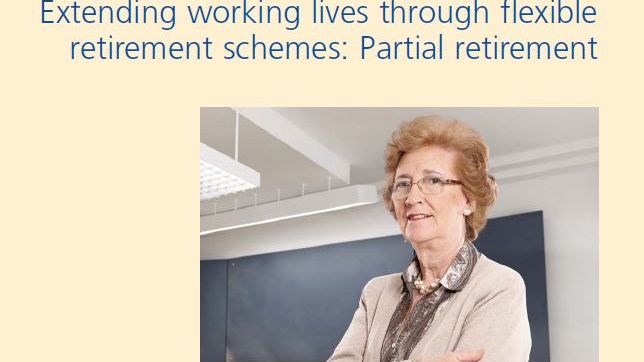
Partial retirement schemes can be an important part of the solution to improving sustainability of Europe’s pension systems.

Some interesting figures from the July/August edition of Eurofound News:
13,000 – the entire workforce of Marinopoulos, one of the largest supermarket chains in Greece, who have been made redundant as a result of the company’s bankruptcy.
22% – the gender pay gap in the Czech Republic, which in March 2016 prompted the Minister of Labour and Social Affairs to launch a five-year campaign to na

From Eurofound News July/August 2016
Taking action to make work sustainable
For Europe to achieve its goals for growth, workers will have to work for longer and more people will have to work. This requires new thinking to make work sustainable over the life course. In other words, it means achieving living and working conditions that enable workers to retain their physical and mental health,
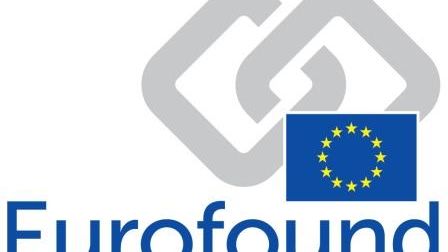
Although recent statistics show an improvement in the labour market situation of young people, Eurofound’s new report ‘Exploring the diversity of NEETs’ emphasises the ongoing need to focus on the specific needs of different groups of young people who are NEET.
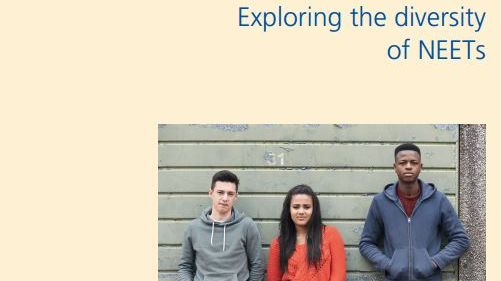
The figure above, derived from Eurofound’s recent report on Job creation in SMEs, illustrates the bundle of factors that determine whether an SME will create jobs – some relating to the company itself (internal) and others relating to the economic and institutional environment in which it operates (external).
Several of the elements are interrelated or have an influence on each other. The stre
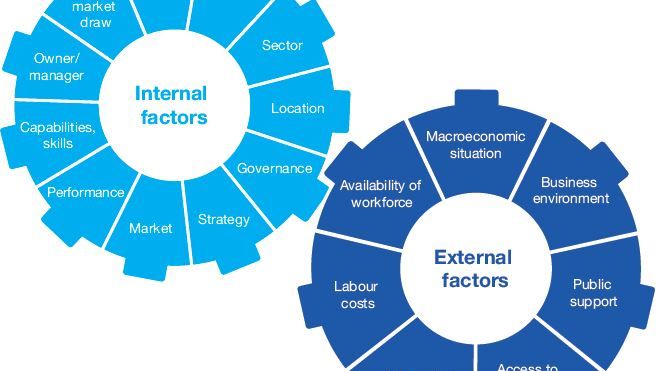
Newly appointed Director at the European Union Agency for Fundamental Rights (FRA), Michael O’Flaherty, visited Eurofound for the first time on 27 May.
A meeting with Eurofound’s Deputy Director, Erika Mezger, and other Agency staff included an open exchange on the activities of the network of EU Agencies and discussion on the work of the cluster grouping of Justice and Home Affairs Agencies.
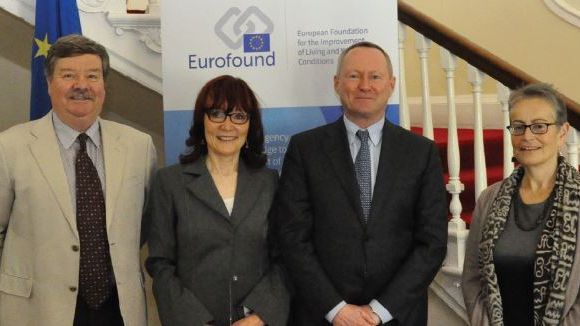
Fairness in the European labour market was the vision evoked by Commissioner Thyssen in her opening speech at the launch of the European Platform to tackle undeclared work on 27 May.
Aimed at enhancing cooperation in tackling undeclared work, the new European Platform was set up by the European Commission, together with Member States and stakeholders.
Eurofound has observer status in the P
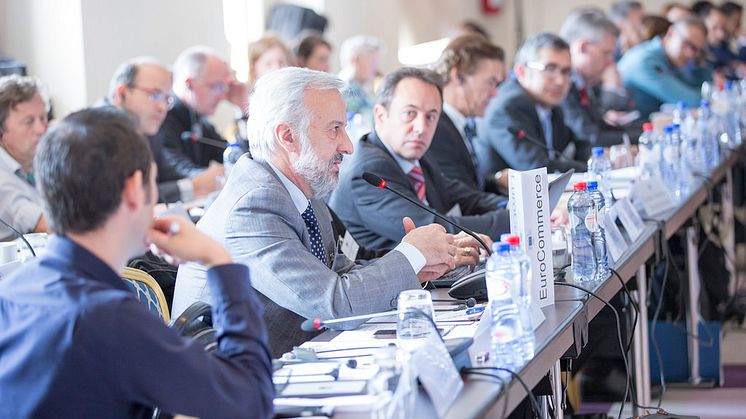
Europe has begun to emerge from its prolonged economic slump: in 2014–2015, for instance, over four million new jobs were created in the EU28. Eurofound’s fifth annual European Jobs Monitor report looks at changes in net employment between Q2 2011 and Q2 2015, at Member State level and in the EU overall.
It uses a ‘jobs-based’ approach to describe employment shifts quantitatively (how many job
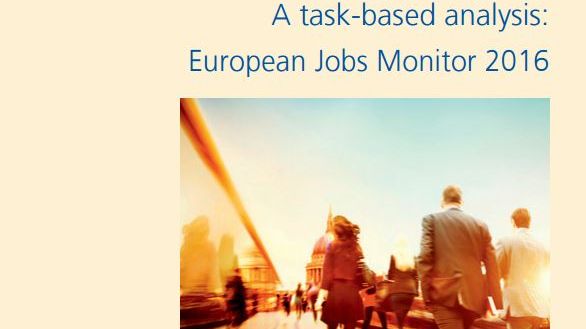
A 2014 study from think-tank Bruegel estimates that over the next 20 years, more than 50% of the EU workforce will have their job partly replaced through automation. Advances in machine learning, artificial intelligence, and mobile robotics are likely to affect low-wage, low-skill sectors that have traditionally been immune from this high-tech automation.
This is the context of change against w
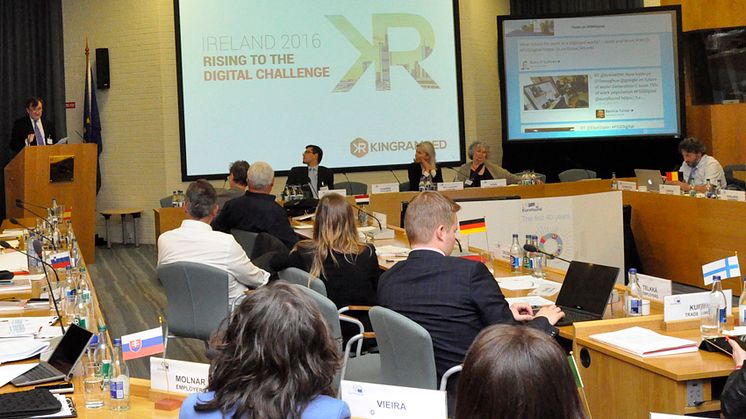
The Eurofound yearbook 2015: Living and working in Europe has just been published, highlighting research into pivotal social and employment issues in Europe, in a year when Eurofound celebrated the 40th anniversary of its establishment.
The yearbook describes 12 months of divergent trends in the work and lives of people in Europe. Working conditions of those at work have not, on the whole, been
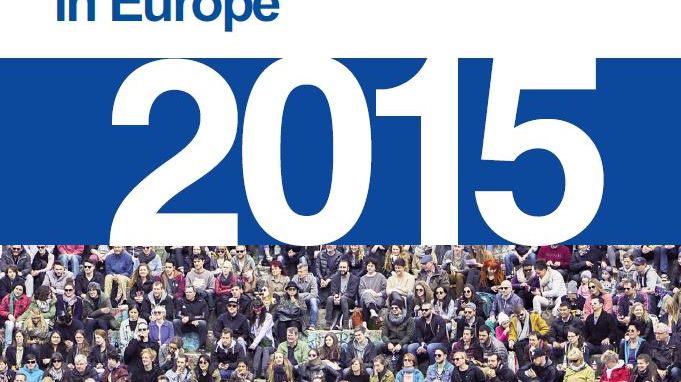
Europe has begun to emerge from the prolonged slump caused by the global financial crisis in 2008 and exacerbated by the euro zone single-currency crisis in 2010–2011. In 2014–2015, aggregate employment levels rose faster than at any time since 2008: over four million new jobs were created in the EU28. The fifth annual European Jobs Monitor report looks at employment shifts in the European Union.

In this blog piece, originally posted on Social Europe Journal, Eurofound Director Juan Menéndez-Valdés looks the complex and multi-faceted story of what it is to live and work in the European Union of today.
Brexit dominates political debate, migrants stream through borders, social protection systems are collapsing, changing forms of work are corroding conditions, unemployment levels remain hi
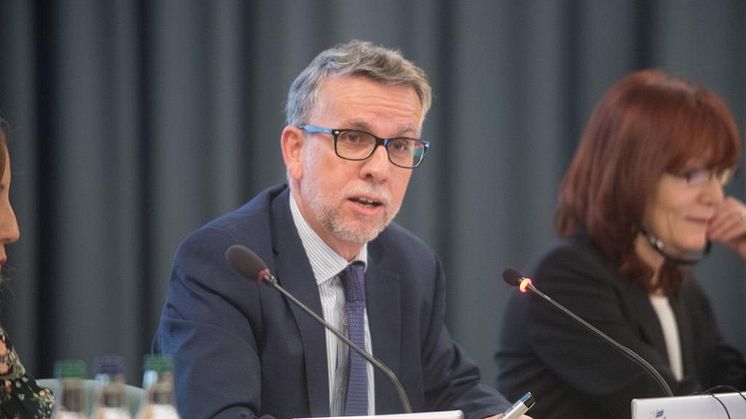
Eurofound has published its yearbook for 2015. The report shows that employment in Europe is on a slow growth trajectory after a long period of job loss and economic stagnation, but quality of life has slipped for many Europeans, and poverty is a threat for millions. Download the report: http://bit.ly/LWE2015
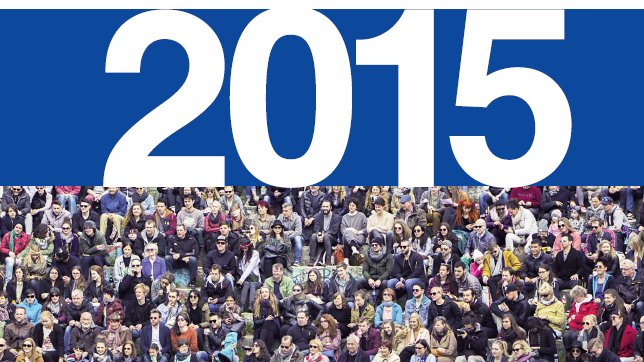
Eurofound’s Programming Document 2017–2020, adopted by the Agency’s Governing Board, will set the template for all of its activities over the next four years.
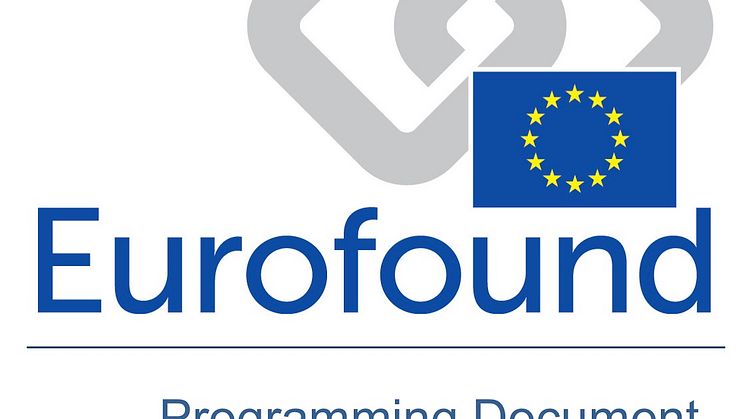
Eurofound salutes International Women’s Day on 8 March, the theme of which is Pledge for Parity, highlighting persistent inequalities between the sexes in areas including politics, employment, education and health.
In Europe, equality between women and men at work is rising on some fronts, according to 2015 findings from Eurofound’s European Working Conditions Survey (EWCS), but the gender gap

In this blog piece Eurofound Research Officer Jorge Cabrita looks at the key role of collective bargaining in establishing EU working time standards. This blog is a re-post from Social Europe, to view the original click here.
Nowadays we all know that long or excessive working hours may have serious negative impacts on a person’s health and wellbeing. Eurofound‘s new report “Working time devel

(Dublin, Ireland): Working time has remained relatively stable in the 21st century but socio-demographic challenges and the ubiquitous nature of new technologies may see significant changes in working time in the near future, according to a new report from Eurofound, the EU Agency based in Dublin. Working time developments in the 21st century reveals, for the first time, the development of worki

More than 1 in 10 employees in the EU are employed on temporary contracts, but a majority of them would prefer a permanent contract. Temporary contracts help employers to manage their labour demand, but there are downsides for employees, such as job insecurity and lower pay.
Temporary employment has been rising across many European countries for at least three decades. This is largely the resul
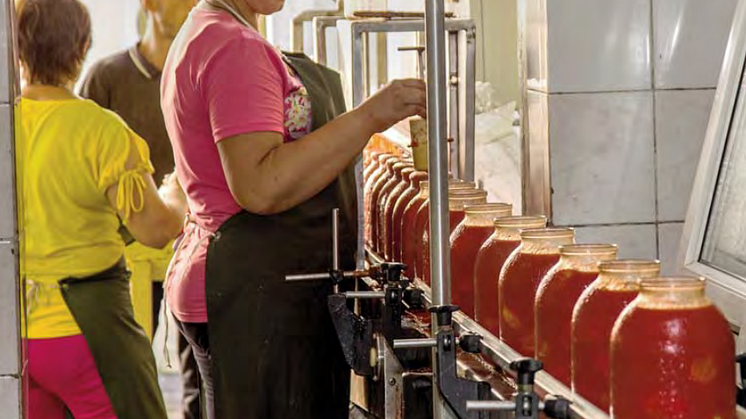
Eurofound has published a new article on the statutory minimum wage levels in Europe. This article provides an overview of the minimum wage rates as of 1 January 2016, explains how they were set, and presents relevant discussions on minimum wages at national level.
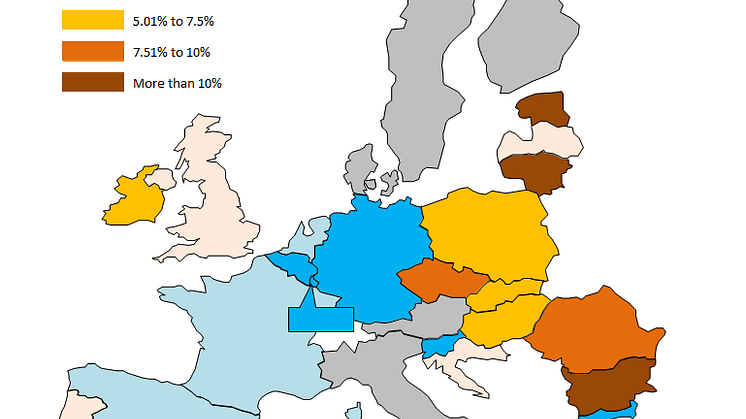
In this blog piece Daphne Ahrendt, Research Manager at Eurofound, analyses the new Families in the Economic Crisis report. She explains how the shift towards means tested support in Europe could be cutting off vital resources for struggling families.
